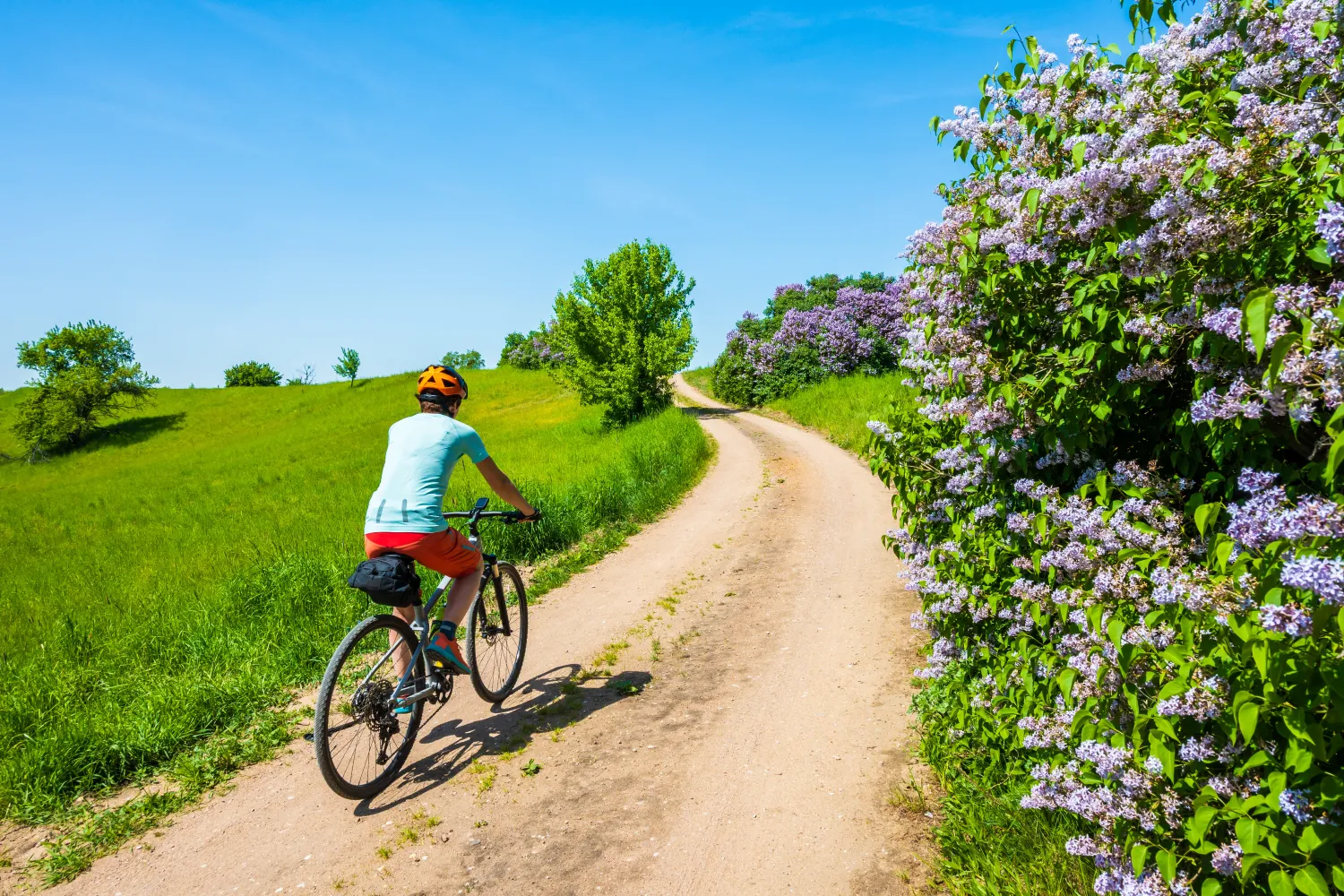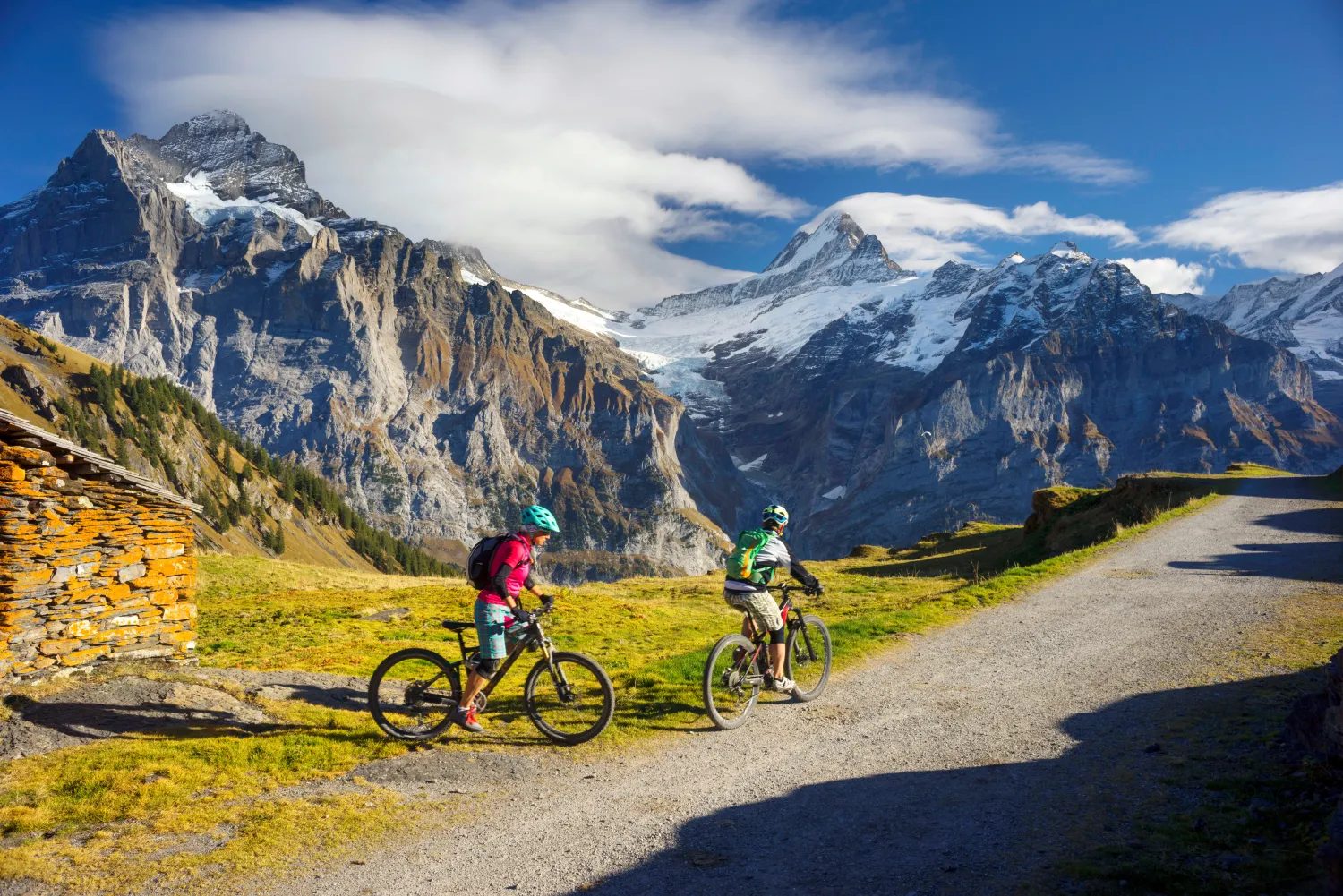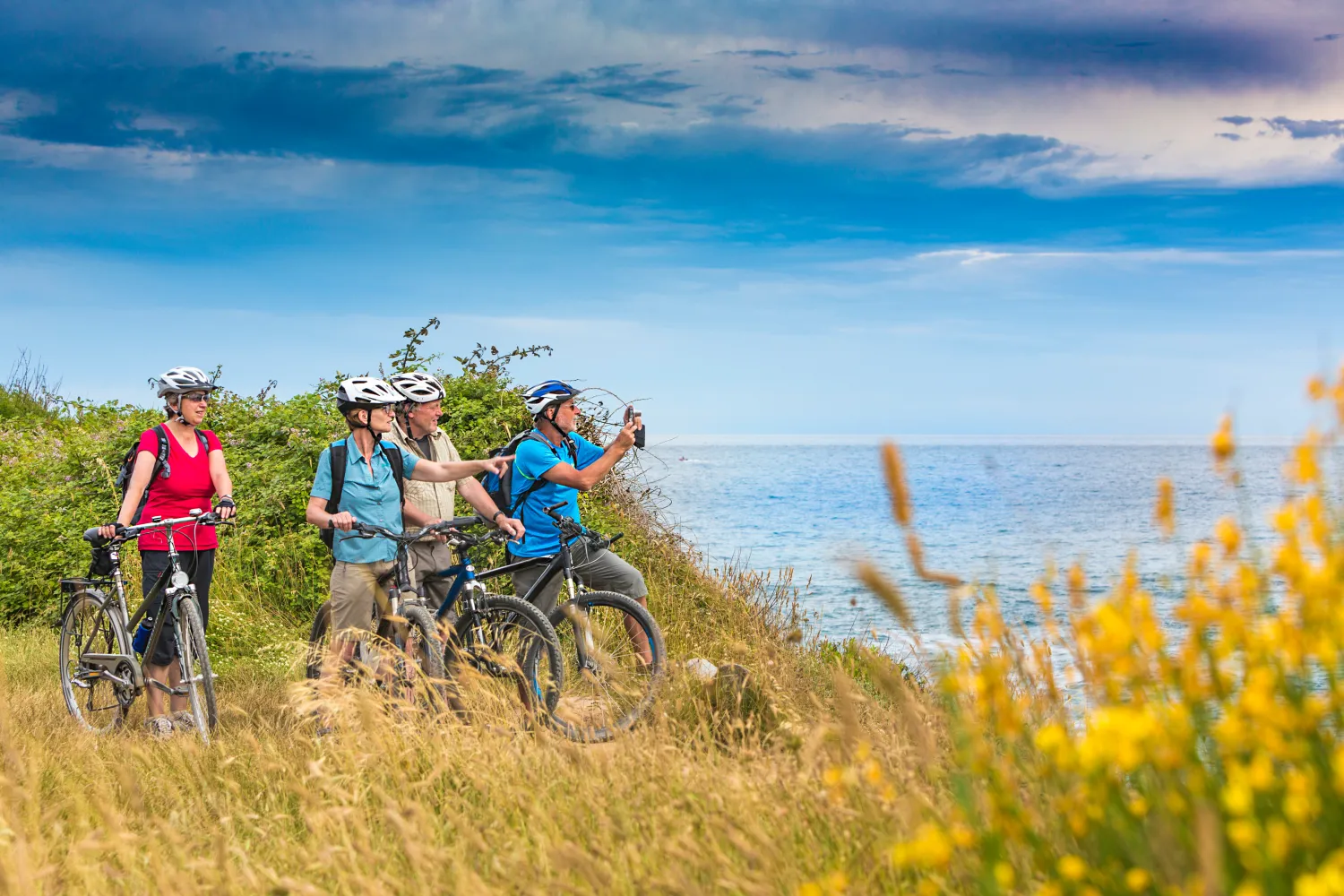The world of travel is evolving rapidly, driven by environmental concerns, a desire for human reconnection, and more flexible lifestyles. While slow travel, bike tourism, micro-adventures, and tailor-made stays dominate travelers’ choices in 2025, other trends are emerging, transforming the way we explore the world.
These new approaches reflect a deep change: travel is no longer just an escape, but an engaged act, a moment of sharing, or a way to reinvent daily life.
Regenerative tourism: leaving a positive impact
Regenerative tourism goes well beyond simple sustainable travel. It’s no longer just about minimizing one’s footprint but actively contributing to the preservation and restoration of the visited areas. The idea? Leaving a place in better condition than upon arrival.
In practice, this translates into tangible actions:
🌳 Planting trees to offset carbon emissions related to travel.
🏗️ Participating in local projects, such as trail renovation, heritage preservation, or beach cleanups.
🛖 Choosing committed accommodations that not only reduce their impact but invest in local initiatives.
This trend is transforming travel into a solidarity act. For example, some eco-lodges collaborate with associations for biodiversity protection, while agencies include half-day volunteering in their tours. Travelers themselves become agents of change, whether financing a reforestation project or contributing to the revitalization of a rural village. Regenerative tourism is about traveling while leaving a positive impact, both for the planet and local communities.
Intergenerational travel: stays for all
Another strong trend in 2025 is intergenerational travel, during group trips that bring together parents, children, and grandparents for shared stays. Far from the clichés of stressful family vacations, these getaways are designed to respect everyone’s pace and desires, while strengthening bonds.
These stays aim to be flexible and inclusive, with accommodations and activities suited to all ages:
🏡 Family-friendly lodging, with separate rooms and communal, welcoming spaces.
🎨 Varied activities, from easy hikes for seniors to creative workshops for younger ones.
🍽️ Local cuisine, with menus designed to appeal to all generations.
Let’s take an example of a stay in Lot: while the grandparents enjoy a gentle walk in a medieval village, parents can go on a hike while the children participate in a nature workshop. The afternoon ends with a picnic by the river, where everyone shares their discoveries.
These trips create shared memories while respecting each person’s need for relaxation. A perfect balance between collective moments and personal time, ideal for reconnecting generations in a change of scenery.
Workation: working while traveling
With the rise of remote work, the boundary between professional life and personal getaway is blurring. In 2025, workation – a blend of work and vacation – becomes the norm for nomadic workers.
It’s no longer about just taking time off but extending your stay by working from an inspiring location. This trend rests on three pillars:
🏖️ Pleasant settings: stays by the sea, in the mountains, or in the countryside, far from urban stress.
💻 Suitable infrastructure: high-speed internet connection, coworking spaces, comfortable accommodations.
⚖️ Work-life balance: days split between productive work and local discoveries.
Tourist destinations are reinventing themselves to welcome these modern nomads. Some hotels now offer “workation” packages with dedicated office space, balanced meals, and relaxation activities after work hours.
Take the Basque Country as an example: imagine working with an ocean view, surfing at sunrise, and hiking at sunset. Or in an alpine chalet, alternating video conference meetings with mountain hikes.
This new way of traveling appeals to both freelancers and remote employees, offering the freedom to change the scenery without sacrificing a career. It’s also a great way to extend your vacation while remaining productive.
Proximity travel: escape just around the corner
Another strong trend in 2025 is proximity travel, which aligns with the philosophy of micro-adventures. The idea is simple: explore your own territory as if you were traveling abroad.
With rising flight prices and environmental concerns, many travelers are rediscovering the local riches.
A weekend is enough to escape without leaving your region: Explore a natural park just a few hours away. Discover local vineyards with private tastings. Go on a hiking trip, with nights in a guesthouse or camping.
This type of travel combines simplicity, cost-efficiency, and a reduced environmental impact. It proves that escape doesn’t depend on distance but on the ability to change scenery, even for just a few days.
Conclusion: which trend will you adopt?
In 2025, traveling is no longer about reaching a destination. Travel becomes a personalized, respectful, and enriching experience, aligned with one’s values.
Whether you’re drawn to the serenity of slow travel, the intensity of a micro-adventure, the flexibility of a tailor-made stay, or the positive impact of regenerative tourism, every trip can now reflect your priorities.
What’s important is no longer to “see” an “instagrammable” place, but to live it fully, taking your time, respecting the environment, and creating lasting memories. These new experiences sometimes allow you to discover the real “instagrammable” wonders (e.g., https://www.tourismelandes.com/les-10-endroits-instragrammables-dans-les-landes/).
💡 Ready to take action? Explore Evazio’s authentic stays and find the experience that matches you. Let yourself be guided to a tailor-made journey, off the beaten path, and rediscover the joy of traveling differently. 🌍💚




